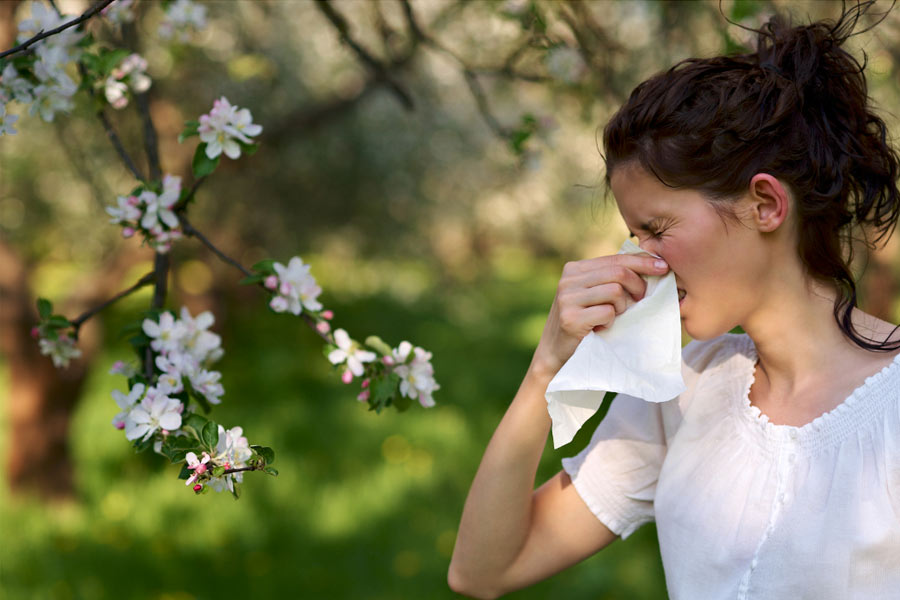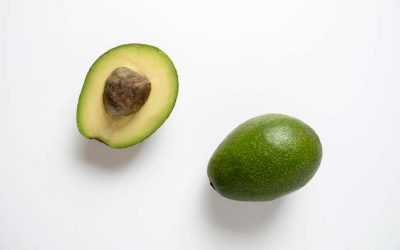Itchy eyes, sneezing fits, brain fog, fatigue – welcome to allergy season. For many, spring and summer now come with a side of antihistamines and frustration. But here’s the real question: why are so many more people suffering from allergies than ever before?
Seasonal allergies used to be a minor nuisance for a few; now they’re a major health issue affecting millions. In the UK alone, it’s estimated that around 1 in 4 adults now suffer from hay fever, and that number is rising. The reasons, as usual, are more complex than simply “pollen counts are high.” There’s something deeper going on with our immune systems, and the modern world may be to blame.
Have We Made Ourselves Allergic to the World
Our immune systems are finely tuned to recognise and respond to threats. But when they start overreacting to harmless substances like pollen, dust, or pet dander, we’re left with chronic inflammation and symptoms that feel anything but harmless.
What’s changed? We’ve drastically altered our environment, our food, and our internal biology. Ultra-processed diets, overuse of medications, exposure to environmental toxins, and a lack of exposure to beneficial microbes have left immune systems confused and oversensitive. The “hygiene hypothesis” suggests that modern cleanliness and reduced contact with natural environments may actually be increasing our risk of allergies by leaving our immune systems under-trained and overreactive.
To make matters worse, rising pollution and climate change mean more airborne irritants, longer pollen seasons, and stronger allergenic plants. Urbanisation also means more time indoors, where indoor air can be even more polluted than what’s outside.
So instead of building resilience, we’re increasingly living in immune-disruptive conditions. The result? A generation of adults and children with skyrocketing rates of asthma, eczema, hay fever, and food intolerances.
The Role and Risks of Antihistamines
Antihistamines can be helpful for short-term relief when allergies flare, but they’re not ideal for daily, long-term use. Older “first-generation” antihistamines like diphenhydramine (Benadryl) have been linked to drowsiness, reduced alertness, and, in long-term use, a small but notable increase in dementia risk due to their anticholinergic effects (JAMA Intern Med. 2015). While newer “second-generation” antihistamines (such as loratadine or cetirizine) are generally considered safer, they’re not entirely without side effects, especially when taken regularly. It’s a good reminder to use them mindfully, and not as a substitute for addressing the root causes of allergic sensitivity.
Allergy Season Survival: Natural Ways to Fight Back
It’s time to take back control with a more natural, preventative approach:
- Support the gut: Probiotics, fermented foods, and fibre can help rebalance immunity from the inside out.
- Reduce your toxic load: Avoid synthetic fragrances, ultra-processed foods, and unnecessary medications where possible. All of these can put extra stress on your immune system.
- Quercetin, vitamin C and bromelain: These natural compounds help stabilise mast cells (the immune cells responsible for histamine release), easing allergy symptoms without the drowsiness of typical medications.
- Clean air and more nature: An indoor HEPA air filter can reduce allergens at home, while time in green spaces (away from high-pollen hotspots) may help recalibrate immune tolerance over time. (For those with hay fever, choosing low-pollen times like early morning or after rain can make this safer and more enjoyable.)
Final Thoughts
We’re not just unlucky. It’s our modern environment, food system, and way of life that have driven this rise in allergies. The good news? With the right knowledge and a proactive approach, we can start to reverse some of the damage and rebuild natural defences so we don’t dread allergy season each year.




